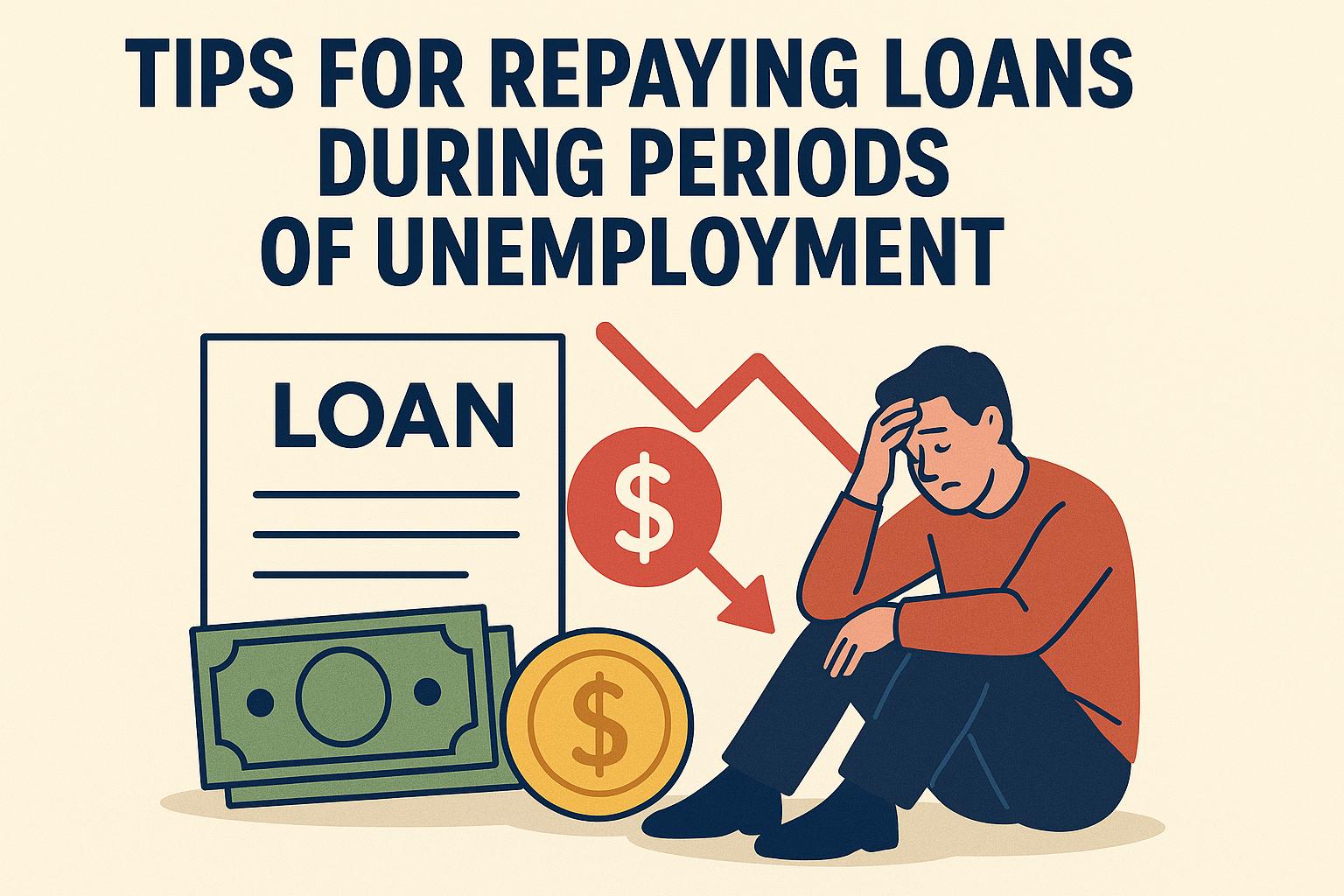Understanding Your Loan Obligations
During times of unemployment, comprehending the full scope of your loan obligations becomes an essential task. These obligations encompass various terms and conditions that dictate how and when payments need to be made. It’s critical to begin by thoroughly reading and understanding all loan agreements you have entered into. This review should cover details such as interest rates, payment due dates, and any associated fees that might occur if payments are missed. By doing this, you will obtain a clear picture of your financial obligations and can strategically manage how you repay these loans.
Contacting Lenders
Interaction with your lenders is a cornerstone strategy when managing loans during unemployment. It’s important to reach out to them to inform them of your current employment situation. Initiating this dialogue can open up a range of potential solutions tailored to your circumstances. Common solutions offered by lenders include deferment, forbearance, and loan modification, all of which can provide temporary relief from financial strain. Being proactive rather than ignoring the problem is vital, as failure to communicate with lenders can lead to loan default, which significantly damages your credit score and future financial opportunities.
Loan Deferment and Forbearance
Two of the primary relief options available for borrowers facing financial difficulties are deferment and forbearance. Each serves as a valuable tool in managing loans when there’s a lack of income. Deferment often allows borrowers to temporarily pause payments, with the advantage of not accruing interest at least on certain types of federal loans. On the other hand, forbearance may allow for paused payments but typically results in interest continuing to mount during the period. Therefore, it’s crucial to explore both of these options thoroughly and have a detailed discussion with your lender to determine which is the right course of action based on your individual financial situation.
Refinancing Loans
Refinancing is another strategic option that could provide significant relief. The process involves replacing an existing loan with a new one under different terms, often at a lower interest rate. This can result in reduced monthly payments and lower overall loan costs. However, while refinancing can ease financial burdens in the short term, it’s necessary to carefully evaluate the terms because extending the loan duration might lead to paying more interest in the long run. It’s advisable to shop around and compare various refinancing products to find the most favorable terms that align with your financial needs.
Seek Employment and Income Opportunities
Unemployment presents a challenging time, but it’s critical to actively pursue new employment opportunities. Starting with updating your resume, you should also consider attending job fairs and actively networking within your industry to identify new roles and avenues for employment. In addition to seeking full-time positions, explore interim solutions such as temporary or part-time jobs, which can function as a financial bridge. Moreover, consider engaging in freelance work, gig economy roles, or using online platforms to generate income. These efforts can help maintain a steady flow of funds necessary for ongoing loan repayments.
Utilizing Unemployment Benefits
Unemployment benefits can play a pivotal role in managing financial obligations during periods without regular income. Applying for unemployment insurance, when eligible, provides temporary financial assistance that can cover essential expenses, including loan repayments. It’s important to familiarize yourself with the eligibility criteria and application processes applicable in your geographic area. Properly utilizing these benefits could significantly mitigate financial hardships while also supporting the maintenance of loan payments during unemployment.
Budgeting and Managing Expenses
Creating and adhering to a stringent budget is an essential strategy in managing finances effectively during times of income scarcity. This entails minimizing non-essential spending and focusing your limited resources on key financial priorities such as loan payments, rent, and utility bills. Engaging with service providers can also be beneficial; renegotiate contracts where possible to achieve cost savings. Adopting this level of financial discipline can be a vital measure in stretching your finances as far as they can go while unemployed, reducing stress and maintaining control over your financial obligations.
Accessing Financial Counseling
Financial counseling services provide support and guidance in navigating daunting debt challenges. Engaging with reputable financial counselors can aid in the development of a realistic repayment plan that is customized to suit your particular financial situation. Professional counselors are not only adept at providing advice but can also act as intermediaries to negotiate more manageable terms with creditors on your behalf, further alleviating the financial pressure you might be experiencing.
By taking a proactive stance in engaging with lenders, evaluating available options, and implementing sound financial strategies, individuals can face the trials of loan repayment during unemployment with confidence and effectiveness. It’s by adapting to financial limitations while ensuring transparent and ongoing communication with lenders that individuals can successfully navigate through these challenging economic times.

